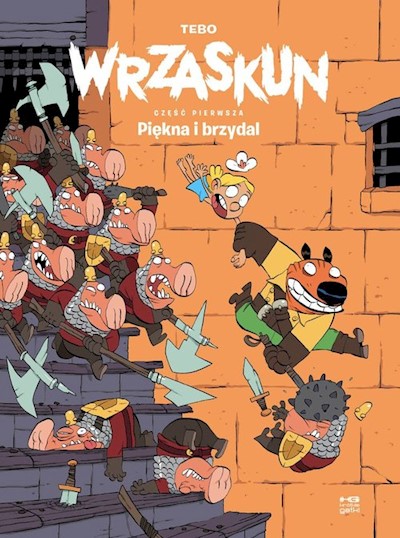


The endings for the young women, however, are spread across a more expansive topography. The stories involve characters from various backgrounds and the lines of narrative the plots are driven down swerve off onto assorted exits, but they all wind up at the same destination: unluckiness in love for the lonely men. “White Nights,” “Dream of a Ridiculous Man,” and “ A Gentle Creature” just three of the most well-known stories that are riffs upon this storyline. When one actually begins looking for recurring motifs and storylines a very starkly defined theme comes into shape almost immediately. Lonely Men and Young Women: Unhappily Ever After


Throughout his body of short fiction can be found various plots which bring the system of bureaucracy into the target of his profound disappointment, yet his bureaucrats themselves are often portrayed as victims as much as the people they disappoint in their service. “The Crocodile” is an unusually absurdist work that is assuredly critical of the infamous Russian bureaucracy, but within that criticism is a demand for respect toward the unfortunate man inside the belly of the beast. As far as the people, its culture and its virtues, he is a staunch defender. We are thankful for their contributions and encourage you to make your own.ĭostoyevsky has much to criticize about Russia, but the target of most of that criticism is systemic. As the story ends Elena Ivanovna is contemplating divorce and Ivan Matveich resolves to carry on his work as a civil servant as best he can from inside the crocodile.These notes were contributed by members of the GradeSaver community. Ivan Matveich urges the narrator to arrange for the crocodile to be purchased and cut open, but the owner asks so much for it that nothing is done. He finds the inside of the crocodile to be quite comfortable, and the animal's owner refuses to allow it to be cut open, in spite of the pleas from Elena Ivanovna. After teasing the crocodile, Ivan Matveich is swallowed alive. The story relates the events that befall one Ivan Matveich when he, his wife Elena Ivanovna, and the narrator visit the Passage on Nevsky Avenue to see a crocodile that has been put on display by a German entrepreneur. It is a work of satire, parodying political, social and economic themes prevailing in Russia at the time. " The Crocodile" ( Russian: Крокодил, Krokodil) is a short story by Fyodor Dostoyevsky that was first published in 1865 in his magazine Epoch. 1865 short story by Fyodor Dostoevsky The Crocodile


 0 kommentar(er)
0 kommentar(er)
